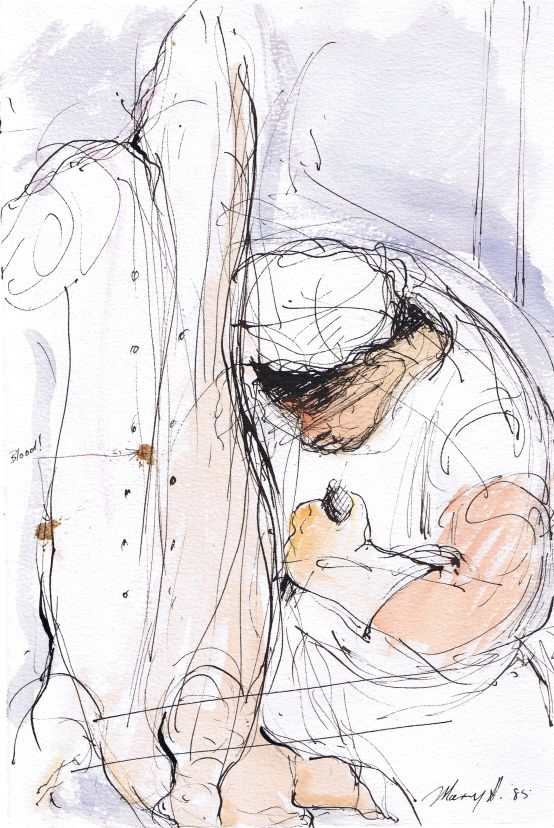This has been built over many years and has continued from generation to generation. Work in meatworks and associated workplaces has always been physically hard, dangerous and skilful. Without the strength of organized labour it would undoubtedly be more dangerous and have stayed poorly paid as well.
Most of the conditions and wages many now enjoy were the result of the unity and industrial action (strikes etc) of workers over many years before them. All the major sheds through the Sixties, Seventies and Eighties were one hundred percent unionised and were therefore able to put up a united front against powerful employers who would otherwise have exploited them. In Victoria particularly, the AMIEU led the way in the establishment of industrial awards, which many now take for granted. Things like equal pay for women, long service leave, Superannuation, redundancy, annual leave, sick leave and public holidays were established and developed by the union, backed up with united industrial pressure.
The demise of many of the large meatworks came about for two main reasons. Firstly the advent of live sheep exports, which undermined the employment base of the small stock processing industry, and secondly many of the large processing companies such as Angliss, Borthwicks, Smorgans and V.I.M.C.O. refused to make the necessary capital expenditure to modernize their works up to the required export standards.
This in turn led to a proliferation of smaller less organized works. Some of these remain without proper union organisation. Swan Hill, Tongala and Warrnambool are examples of these. Conditions and wages in these abattoirs and others have fallen behind those that now have Enterprise Agreements based on the old Victorian Meatworks and Bi Products Award, which was established on the back of the workers’ efforts in the sheds that were in the VMA in the Sixties, Seventies and Eighties. There are now huge differentials in wages earned between unionised sheds and non-unionised sheds.

